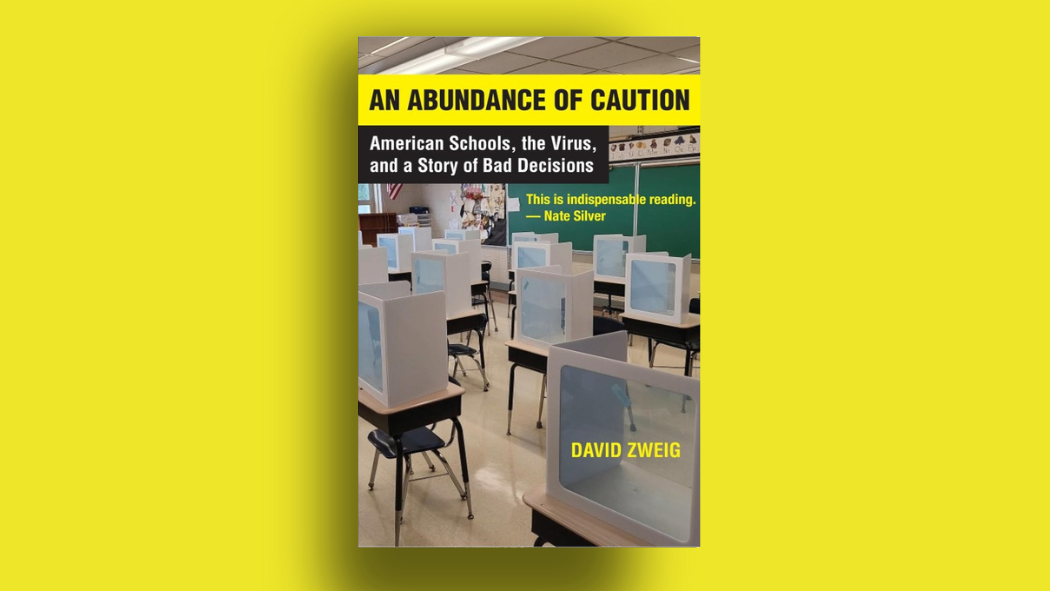Artificial intelligence may make books even more important, as they preserve a footnoted historical record that an AI-powered internet edits and obscures in real time. This is why I dedicate funds to buying physical books worth keeping, such as Sen. Rand Paul’s 'Deception: The Great Covid Cover-up.'
Explainer As A Former DC Cop, The Federal Takeover Was The Right Move
Although many Americans may wish to forget the lockdowns, it is crucial to remember the suffering and lessons learned during that time. Analyzing the decisions made by political leaders and the media's role is essential to prevent similar situations in the future.
David Zweig, a journalist with contributions to major publications, examines the U.S. lockdowns and school closures in his book 'An Abundance of Caution.' He highlights how the most accurate Covid models came from outside the public health field, challenging the credibility of established experts.
Zweig argues that the U.S. response to Covid was not based on sound science but rather on flawed data and motivations. He meticulously debunks various narratives promoted by corporate media, which he claims suppressed dissenting voices and misrepresented the risks associated with Covid.
He notes that many experts were hesitant to speak out against prevailing narratives due to fears of social and professional repercussions. This environment of fear contributed to policies that adversely affected millions of children, leading to a crisis in school absenteeism and educational outcomes.
Zweig attributes the U.S. ruling class's response to a combination of factors, including a desire to emulate strict lockdowns seen in China and a reaction to the Trump presidency. He points out that while American media focused on fear and negativity regarding Covid, European countries quickly recognized the mistakes of prolonged school closures.
The difference in responses between the U.S. and Europe can largely be traced to political motivations rather than public health considerations. Zweig provides evidence that U.S. media overwhelmingly portrayed negative coverage of school reopening, disregarding evidence from abroad that indicated safety in returning to classrooms.
Zweig's analysis serves as a reminder of the importance of scrutinizing the motivations behind public health policies and the role of media in shaping public perception. As the nation reflects on the past, it is vital to consider how these experiences can inform future decision-making regarding public health and education.
Why it matters
- AI may elevate the importance of physical books as reliable historical records amidst real-time internet edits.
- Zweig's analysis challenges established Covid narratives, emphasizing the need for critical examination of public health policies.
- The U.S. response to Covid, driven by flawed data and political motivations, led to significant educational crises for children.
- Comparative analysis with European responses highlights the impact of political motivations on public health decisions.
What’s next
- Readers encouraged to explore Zweig's book for a deeper understanding of the Covid response.
- Calls for public discussions on the role of media in shaping health narratives and policies.
- Advocacy for policies that prioritize educational outcomes based on evidence rather than fear.
